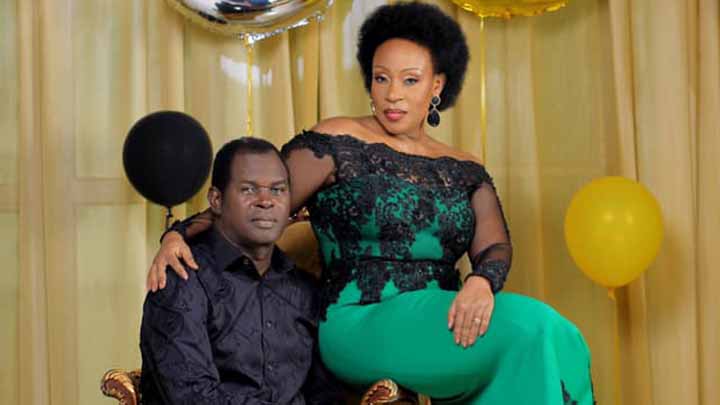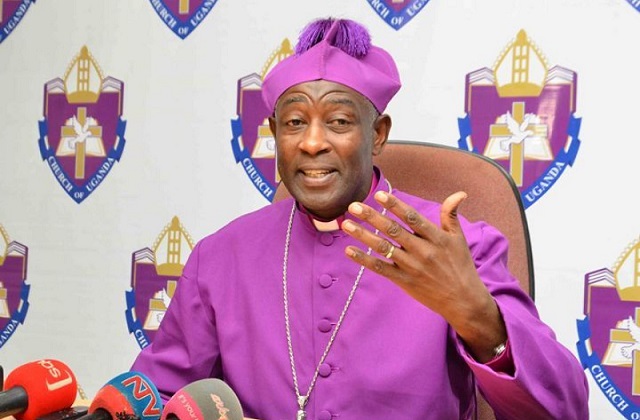Twitter has updated its policy on hateful conduct to cover posts that do not refer to transgender individuals by their chosen name or gender identity.
The changes mean that accounts could be reported for ‘misgendering’ – referring to a person by their birth gender – and ‘deadnaming’ – using a transgender person’s birth name instead of chosen name.
The possible sanctions for content deemed to be in violation of the policy include asking users to remove the tweets or changing their access to read-only mode for a fixed period. More serious violations may lead to accounts being completely suspended.
‘We prohibit targeting individuals with repeated slurs, tropes or other content that intends to dehumanize, degrade or reinforce negative or harmful stereotypes about a protected category,’ Twitter states.
‘This includes targeted misgendering or deadnaming of transgender individuals.’
Meghan Murphy, editor of the Feminist Current website, says her Twitter account was suspended after she questioned transgenderism and referred to a transgender woman using the male ‘he’ pronoun in her tweets.
When her account was reactivated, she posted a tweet criticising Twitter’s policy: ‘This is f****** b******* @twitter. I’m not allowed to say that men aren’t women or ask questions about the notion of transgenderism at all anymore? That a multi-billion dollar company is censoring basic facts and silencing people who ask questions about this dogma is insane.’
Murphy accused Twitter of trying to silence her and stifle debate on transgenderism.
‘What is insane to me, though, is that while Twitter knowingly permits graphic pornography and death threats on the platform (I have reported countless violent threats, the vast majority of which have gone unaddressed), they won’t allow me to state very basic facts, such as “men aren’t women”,’ she wrote.
‘This is hardly an abhorrent thing to say, nor should it be considered “hateful” to ask questions about the notion that people can change sex, or ask for explanations about transgender ideology.
‘These are now, like it or not, public debates — debates that are impacting people’s lives, as legislation and policy are being imposed based on gender identity ideology (that is, the belief that a male person can “identify” as female or vice versa).
‘That trans activists and their allies may find my questions about what “transgender” means or how a person can literally change sex uncomfortable, as they seem not to be able to respond to them, which I can imagine feels uncomfortably embarrassing, feeling uncomfortable is not a good enough reason to censor and silence people.’








































Discussion about this post